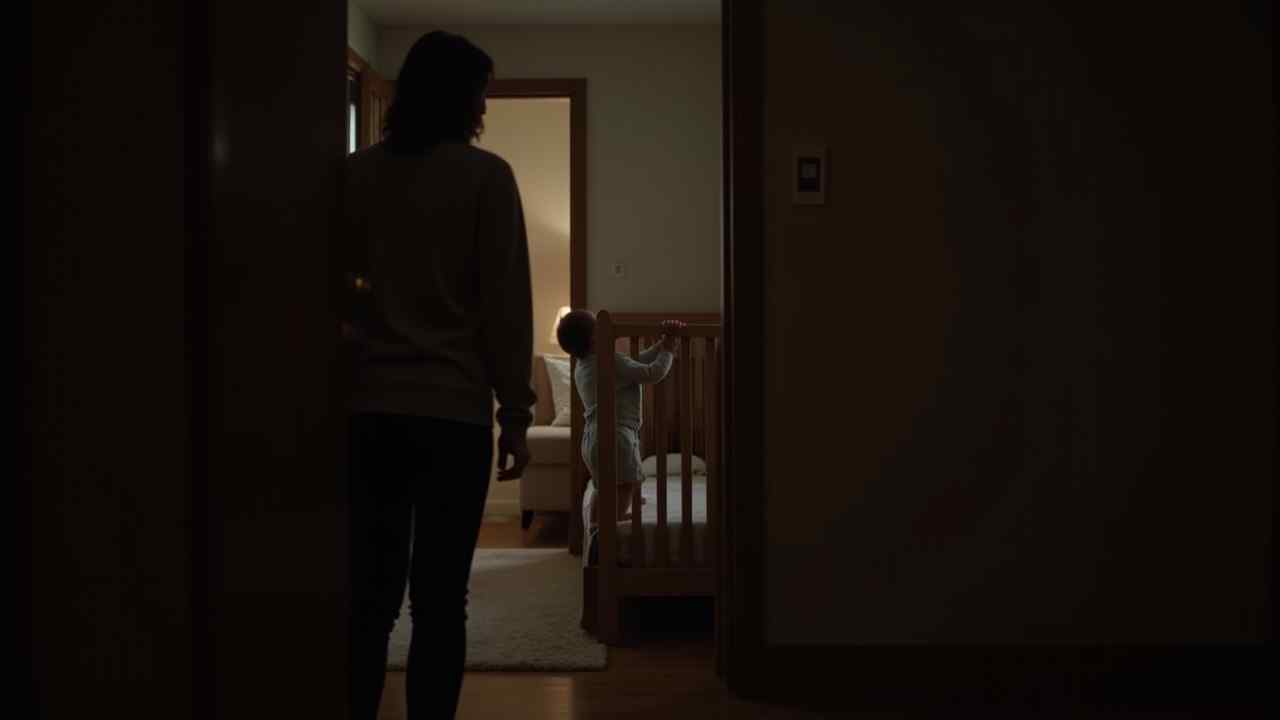
💤 A Parent's Guide to the 11-Month Sleep Regression
💤 Surviving the 11-Month Sleep Regression (A Parent's Guide) 💤
Just when you think you have finally figured out your baby's sleep schedule, everything changes. Your once-great sleeper is suddenly fighting naps, waking up all night, and resisting bedtime. If this sounds familiar, you are likely dealing with the 11-month sleep regression.
First, take a deep breath. A sleep regression is a completely normal, temporary phase. It is a sign of your baby's incredible brain and body development. It is frustrating, but it is not permanent. You are not alone in this experience.
This guide will explain why this is happening. We will also provide you with practical tips and strategies. Let's help your family get through this challenging phase and back to a good night's rest. ❤️
🤔 What Causes the 11-Month Sleep Regression?
The 11-month sleep regression (which can also happen around 10 or 12 months) is almost always tied to major developmental leaps. Your baby's world is expanding rapidly. This can make it very difficult for their little minds to shut down and sleep. Here are the main causes.
What new motor milestones are they learning?
This is a huge factor. Around this age, your baby is mastering major new skills. They are learning to pull themselves up to a standing position. They might be cruising along furniture or even taking their first steps. They are so excited by these new abilities that they want to practice them all the time, even in their crib at 2 a.m. 🤸
Is their brain developing new skills?
Yes, their brain is on fire. They are beginning to understand and say their first words. This cognitive leap is very stimulating. It can make it harder for them to settle down and sleep.
What about separation anxiety?
Separation anxiety often peaks around this age. Your baby is now more aware that you are a separate person. When they wake up alone in the dark, they may cry out for your comfort and reassurance.
Are they transitioning their naps?
Many babies around this age are getting ready to transition from two naps down to one. This can create a tricky in-between period. They might be overtired some days and undertired others. This can disrupt their nighttime sleep patterns.
✅ How Can You Help Your Baby (and Yourself) Get Through It?
The key to surviving any sleep regression is consistency and patience. This is not the time to introduce new sleep habits that you do not want to maintain. Here are some strategies to help you navigate the 11-month sleep regression.
1. Stick to Your Routine: A consistent and calming bedtime routine is more important than ever. A warm bath, a story, and a cuddle all signal to your baby that it is time to wind down. This provides a sense of security during a confusing time.
2. Offer Extra Practice Time: During the day, give your baby plenty of floor time. Let them practice pulling up, cruising, and standing as much as they want. If the crib is not the only place they practice, it will seem less exciting at night.
3. Be Reassuring but Boring at Night: When they wake up at night, it is okay to go to them. Offer a quick, quiet comfort. A gentle pat on the back and a soft "It's sleepy time" is great. However, avoid turning on the lights, playing, or taking them out of the crib. The goal is to be boring so that sleep is the most appealing option.
⏳ How Long Does the 11-Month Sleep Regression Last?
This is the question every tired parent asks. The good news is, it is temporary. Most sleep regressions, including this one, last for about two to six weeks. It will typically end once your baby has mastered their new skill. They will be so used to standing that it is no longer an exciting middle-of-the-night activity.
Stay consistent and supportive. This phase will pass. You and your baby will get back to a better sleep schedule soon. You are doing a great job! 😴